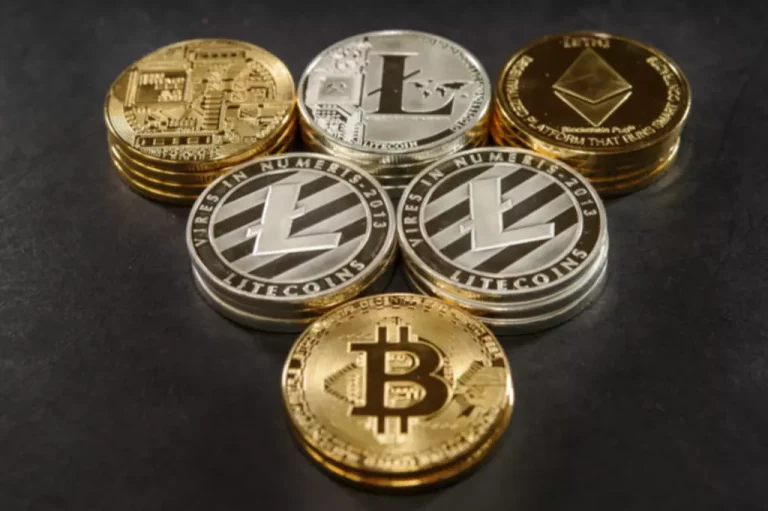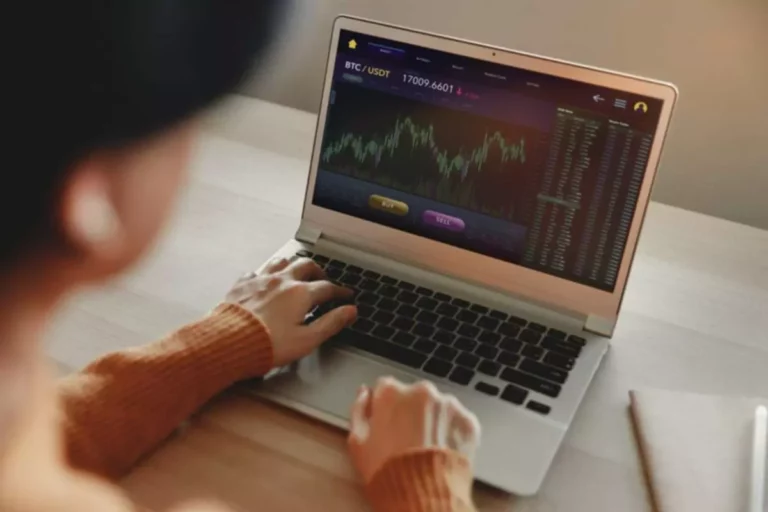Content
One what is dark pool trading of the areas I personally understood the least was Dark Pools or OTC trading. I am not going to pretend I have a masters in economics or hell that I even finished college, but I can assure you I have a black belt in google and know how to operate a spreadsheet. Cheers to all the hedge funds forcing my brain into growing a few wrinkles! Any information provided by third parties has been obtained from sources believed to be reliable and accurate; however, IBKR does not warrant its accuracy and assumes no responsibility for any errors or omissions.

Minimum Secondary Market Impact
I used Office Depot because the available float is similar to GME and the business model of strip mall based retail with a small but growing ecommerce sector seems to line up. I am happy to run this again with longer date ranges and more companies but not without Mining pool some guidance. It took me hours to do this and I want to make sure v2 is worth the time. If you would like to run the numbers yourself feel free to PM me and Ill send you the spreadsheet to do it yourself.
Deep Dive into Dark Pool Trading – How they might accidentally be showing us the number of synthetic shares
This IOI is not a hard and fast quote and is not https://www.xcritical.com/ made public across the market. IG International Limited is part of the IG Group and its ultimate parent company is IG Group Holdings Plc. IG International Limited receives services from other members of the IG Group including IG Markets Limited. See our Terms of Service and Customer Contract and Market Data Disclaimers for additional disclaimers. Always do your own careful due diligence and research before making any trading decisions. In this “medium case scenario” that is already incredibly conservative we are talking about there being 5 synthetic shares out there for every 1 real share.

Dark Pools and High-Frequency Trading
However, there have been instances of dark pool operators abusing their position to make unethical or illegal trades. In 2016, Credit Suisse was fined more than $84 million for using its dark pool to trade against its clients. Some have argued that dark pools have a built-in conflict of interest and should be more closely regulated.
These tools mean that you and your team can get the data flowing in a matter of minutes. Smaller companies, like Intrinio, have started to offer the data in a much more affordable and accessible way. Thus, a problem with them could have major implications for many people who couldn’t tell a dark pool from a swimming pool.
Within dark pools, traders typically can’t see other parties’ information regarding buying and selling securities until a transaction goes through. These transactions are a type of alternative trading system (ATS) operated by a broker-dealer rather than going through a public exchange like the New York Stock Exchange (NYSE). In fact, in February of 2022, only ~53% of trading happened on traditional exchanges. This means that almost half of trading activity did not register in traditional market data feeds (stock prices) from stock exchanges. This trading is happening behind the curtain, in private dark pools, unbeknownst to the average investor.
The increasing demand for anonymity in trading activities can be attributed to the rise of electronic trading platforms and the resulting decline in traditional floor trading. In addition, as institutional investors sought to trade large blocks of securities without revealing their intentions to the broader market, dark pools emerged as an attractive solution. As we conclude our exploration of crypto dark pools, it’s evident that these alternative trading platforms play a significant role in shaping the dynamics of the cryptocurrency market. While offering advantages such as reduced market impact and enhanced pricing, dark pools also present challenges such as price disparities and information asymmetry. What the institution (and the dark pool) needs for the order to be filled is participants trading on a different timescale. High frequency traders trade on intraday volatility (fractional price fluctuations occurring during a single day’s trading) and therefore are likely to be unconcerned by the long term price trend.
- Despite the controversies surrounding their opacity, dark pools continue to attract the interest of institutional investors and traders seeking anonymity and liquidity for large-scale transactions.
- Here, large institutional investors can buy and sell stock in large quantities without revealing their intentions to the wider market.
- The stock prices from dark pool trades still show up in the traditional exchange feeds, but a blank field is presented where there would typically be an “exchange” variable to explain which exchange the trade happened on.
- Unwary investors who just bought RST shares will have paid too much since the stock could collapse once the fund’s sale becomes public knowledge.
- Some dark pools also employ alternative pricing models, such as the volume-weighted average price (VWAP) or time-weighted average price (TWAP).
Some even believe that the pools give large investors an unfair advantage over smaller investors, who buy and sell almost exclusively on public exchanges. The concept of crossing trades off exchange has been around nearly as long as stock exchanges themselves. In the past, such trades would take place at a broker-dealer’s trading desk, away from the market floor. The lack of transparency can also work against a pool participant since there is no guarantee that the institution’s trade was executed at the best price. A surprisingly large proportion of broker-dealer dark pool trades are executed within the pools–a process that is known as internalization, even when the broker-dealer has a small share of the U.S. market.
Instead, transactions executed through dark pools are released to the consolidated tape after a delay. The problem is that so much trading is now happening in dark pools that it may be warping publicly quoted stock prices to the extent that they no longer properly represent where the market is. For example, if a lot of sell orders for stock in ABC123 Corp. are waiting to be fulfilled in a dark pool, then buyers in the pool and elsewhere don’t know that the price of that stock should be lower than it is. Further, because dark pools base their prices on the prices from the public exchanges, then the prices in the dark pools will be wrong as well.

The eligibility for becoming a funded user is contingent upon meeting specific performance criteria and compliance with the Company’s evaluation processes. Not all users will qualify for funded accounts, and past performance in the simulated environment is not indicative of future success. The same anonymity and lack of public information can also be a breeding ground for conflicts of interest and unfair practices. While Dark Pools offer numerous benefits, they are not without their share of criticisms.
ECNs are computerized trading systems that match buyers and sellers anonymously. Dark pools work by allowing buyers and sellers to place orders anonymously. These private exchanges function differently from public stock markets, providing an alternative trading system for institutional investors seeking anonymity. If the amount of trading in dark pools owned by broker-dealers and electronic market makers continues to grow, stock prices on exchanges may not reflect the actual market. For example, if a well-regarded mutual fund owns 20% of Company RST’s stock and sells it off in a dark pool, the sale of the stake may fetch the fund a good price. Unwary investors who just bought RST shares will have paid too much since the stock could collapse once the fund’s sale becomes public knowledge.
Another downside to the dark pool, which comes from not knowing whether or not what you need (a buyer or seller) is even in there, is the fact that you may not be able to get your order filled as quickly as on the open exchange. Some brokers cut “payment for order flow” deals where they agree to send orders to a certain dark pool. In Reg NMS were provisions that seriously upped competition for the exchanges. For one, it got rid of rules that protected manual quotations by exchanges. All of the sudden investors had the option of skipping exchanges if they could find a better price more quickly elsewhere.
One of the main drawbacks is that these brokers typically charge higher fees and commissions compared to other types of brokers. Agency brokers have limited proprietary products, which could limit investment options for clients. Dark Pool came into existence when the Securities and Exchange Commission allowed traders to transact huge blocks of shares. Darkpool is used by institutional traders to carry out large trades anonymously, without causing market volatility.

